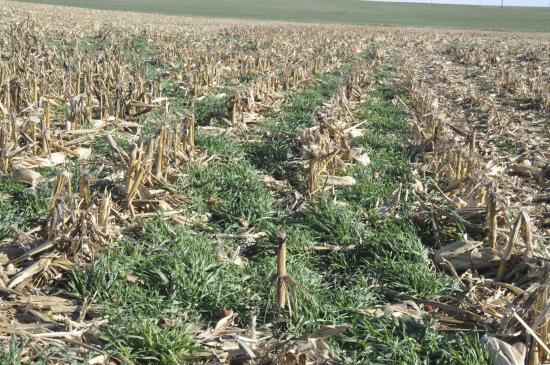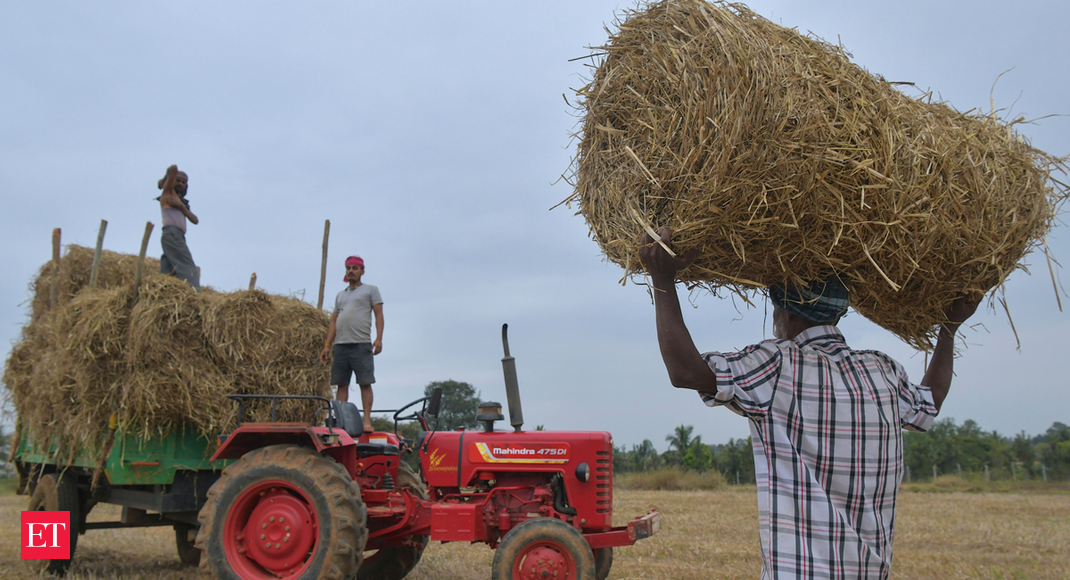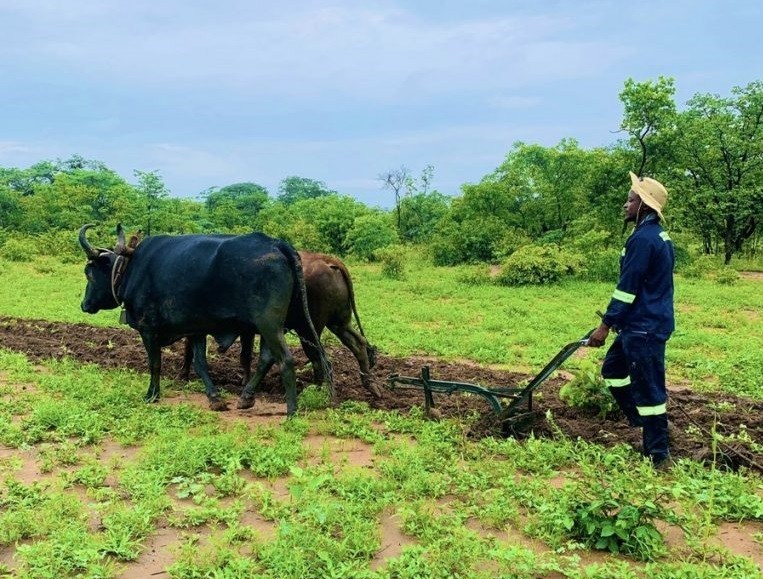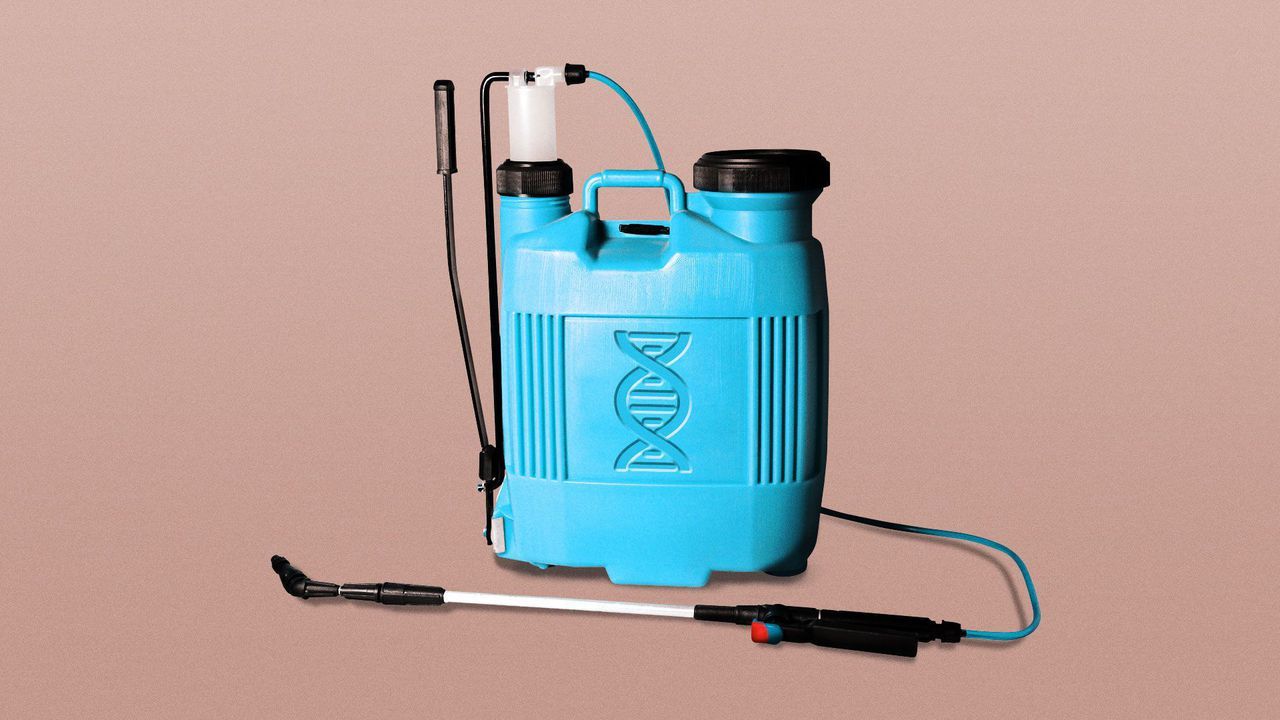 Nancy Kavazanjian
Nancy Kavazanjian
Topics: Agriculture US, Sustainability, Ag Innovation,
Land O’Lakes, Microsoft in carbon credit program
The program, called TruCarbon, “will help farmers generate and sell carbon credits to private sector buyers,” said the company.
-
(0)
-
Bookmark
- Comments (1)
-
(0)
-
Bookmark
- Comments (0)
 John LaRose Jr.
John LaRose Jr.
Topics: Crop Consultant, Sustainability, Ag India, Ag Innovation, World Hunger, Government / Policies, World Population, Coronavirus/COVID,
Will the new Agriculture Infrastructure & Development Cess affect common man?
The Finance Minister has presented the budget, which overall did not seem to touch the middle class in any major way. There was an Agriculture Infrastructure & Development Cess (AIDC), which has been brought in to aid the agri sector. The cess is not uniform and varies from product to product.
-
(0)
-
Bookmark
- Comments (0)
 Nancy Kavazanjian
Nancy Kavazanjian
Topics: Precision AG , Sustainability, Ag Innovation,
Precision Ag Study unveiled by AEM, Ag organizations
AEM and Ag organizations quantify how available precision ag technology improves environmental stewardship, provides economic return for farmers.
-
(1)
-
Bookmark
- Comments (1)
 Nancy Kavazanjian
Nancy Kavazanjian
Topics: Water, Aquaculture/Fish Farming, Environment, Ag Innovation,
-
(0)
-
Bookmark
- Comments (0)
-
(0)
-
Bookmark
- Comments (1)
 John LaRose Jr.
John LaRose Jr.
Topics: Markets/Pricing, Economics, Ag India, Ag Innovation, Government / Policies,
Govt may hike agri credit target to about Rs 19 lakh cr in Budget
"Non-banking finance companies (NBFCs) and co-operatives are active in the agriculture credit space. The Nabard refinance scheme will be further expanded. Agriculture credit target for the year 2020-21 has been set up at Rs 15 lakh crore," Finance Minister Nirmala Sitharaman had said while announcing the Budget 2020-21.
-
(0)
-
Bookmark
- Comments (0)
 John LaRose Jr.
John LaRose Jr.
Topics: Corn/Maize, Soybeans, Sorghum, Young Farmers, Sustainability, Ag Innovation, Government / Policies, Ag Africa,
Young agri-entrepreneur shines in rural Zimbabwe
While agriculture forms an integral part of Zimbabwe’s economy, many young people still think of it as back-breaking labor that offers little economic benefit. However, things are slowly changing, …
-
(0)
-
Bookmark
- Comments (1)
 Nancy Kavazanjian
Nancy Kavazanjian
Topics: Agriculture US, Food/Nutrition, Ag Innovation,
Munsee Meats looks to disrupt the system as pandemic wreaks havoc on meat industry
In its 64th year, Munsee Meats has new owners and a new brand, geared toward going directly to consumers due to COVID-19.
-
(1)
-
Bookmark
- Comments (0)
 Nancy Kavazanjian
Nancy Kavazanjian
Topics: Corn/Maize, Fertilizer, Ag Innovation, Ag Startups & Financing,
Startup Joyn Bio aims to reduce pollution involved in large-scale agriculture
A startup is using the tools of synthetic biology to reduce the pollution involved in large-scale agriculture.The big picture: We face two major challenges around farming: how to feed a still-growing global population, and how to do so without ruining the environment. Advances in synthetic biology could help us do both.Support safe, smart, sane journalism. Sign up for Axios Newsletters here.How it works: Joyn Bio, a joint venture between synthetic biology leader Ginkgo Bioworks and life sciences giant Bayer, is experimenting with engineering microbes that could help replace the synthetic fertilizer and chemicals used in conventional farming. * The company is focusing first on developing custom microbes that could fix nitrogen in the soil to feed growing cereal crops like corn, what Joyn Bio CEO Michael Miille calls the "Holy Grail of agriculture."Background: Plants need nitrogen to grow efficiently, but there's not enough naturally in soil to support the crops needed to feed a global population of nearly 8 billion people. * The Haber-Bosch process to artificially fix nitrogen using fertilizer transformed agriculture — by one estimate only 4 billion people could be supported using natural fertilizer — but the energy intensity of the process contributes to climate change, while fertilizer runoff leads to water pollution and aquatic dead zones.Details: Joyn Bio identifies natural microbes in the soil that show promise in fixing nitrogen and then "engineers them to perform at an entirely different level," says Miille. * The company aims to engineer microbes that can fix nitrogen efficiently enough that synthetic fertilizer use could be cut by 30–50% without affecting crop yield. * Miille says that currently, Joyn Bio's engineered microbes are efficient enough to reduce fertilizer use by 10% or so, though the company still needs to overcome regulatory hurdles and consumer acceptance before it could reach the marketplace."Agriculture needs innovation to be successful. The status quo is not going to get us the...
-
(0)
-
Bookmark
- Comments (0)











